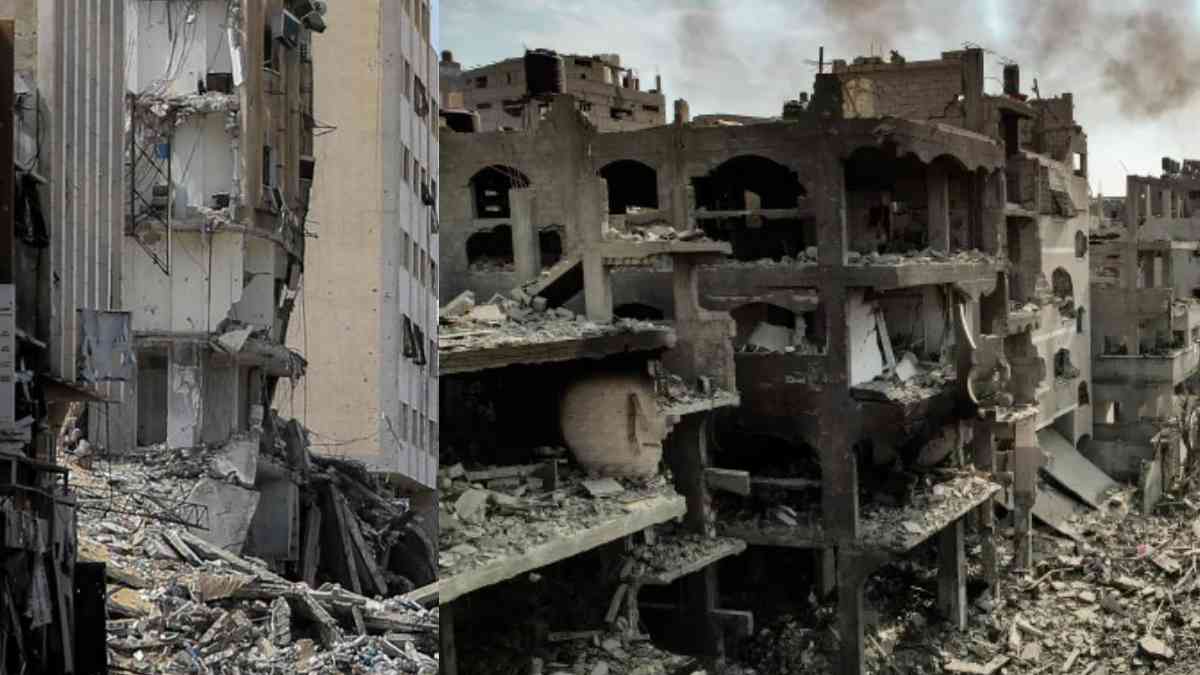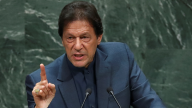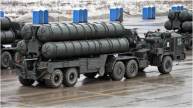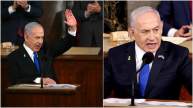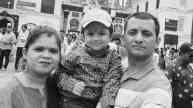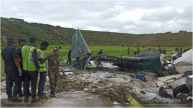Israeli military strikes in Gaza on Sunday resulted in the deaths of numerous Palestinians, according to health officials. This escalation occurred as Egypt played host to talks between an Israeli delegation and leaders of Hamas in an attempt to broker a ceasefire. The negotiations, mediated by Qatar and Egypt, revolve around a proposed six-week halt to Israel’s offensive, contingent upon the release of approximately 40 hostages still held by Hamas militants since their October attack on southern Israel.
Also read: Indian Navy Heroes Thwart Pirate Attack, Rescue 23 Pakistani Nationals From Iranian Vessel
Hamas seeks to leverage any agreement to halt hostilities and withdraw Israeli forces from Gaza. However, Israel has categorically rejected this, reaffirming its intent to resume efforts to dismantle Hamas’s infrastructure. Notably, Hamas chose not to participate in the Cairo discussions, awaiting updates from mediators regarding potential Israeli concessions.
Also read: Pakistan Red Cap’s Leaked Audio Says – PM Modi, Yogi, Mohan Bhagwat To Be Killed This Year
Meanwhile, Israeli forces maintained blockades around major hospitals in southern Gaza, while airstrikes targeted various locations, including residential areas and a hospital. These strikes led to casualties, exacerbating the already dire humanitarian situation in the region. Witnesses described widespread destruction, with one resident characterizing the situation as genocide rather than war.
Also read: Naval Air Station Striked In Pakistan; Majeed Brigade Takes Responsibility For Terror Attack
Amid the violence, Gaza residents, like Abu Mustafa, a father of six, struggle to secure basic necessities. In the northern enclave, where famine looms imminent, families face dire challenges in accessing food and essential supplies. Abu Mustafa’s account underscores the profound impact of the conflict on civilians, highlighting the urgent need for humanitarian intervention to alleviate suffering and prevent further loss of life.
